Impunity is pervasive among the political elite. And it goes back to colonial times and apartheid (Graphics: John McCann/M&G)
NEWS ANALYSIS
It has been a year since former public protector Thuli Madonsela released her explosive State of Capture report. Since then, none of the remedial action she directed has been implemented, but a plethora of new allegations have emerged.
New players have been identified, new investigations have been launched and formerly anonymous sources have stepped forward to put their firsthand knowledge on the record. This is how those allegations have aged, and evolved.
Brian Molefe
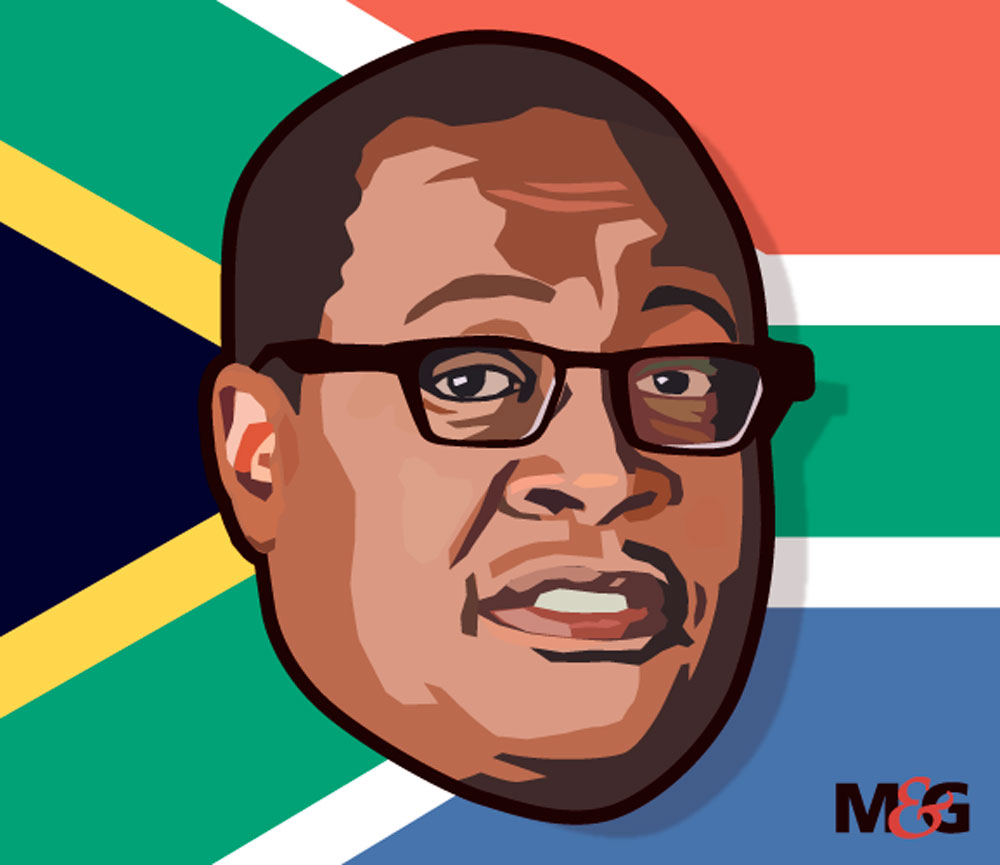
State of Capture report: “Mr Molefe’s relationship with the Gupta family as well as the directors of Tegeta cannot be ignored.”
Madonsela’s remark was made after allegations, detailed in the report, that Molefe had a heavy hand in nixing an agreement negotiated between his then employer, the state-owned power utility Eskom, and multinational Glencore, which could have made it unnecessary for Glencore to sell its Optimum coal mine to the Gupta-owned Tegeta.
Since then: For one year Molefe maintained silence on the allegations, offering only an ill-considered joke about a shebeen in Saxonwold. This week, no longer “flabbergasted the point of paralysis” and fed up with not having an appropriate legal forum in which to respond, he finally spoke out, and said the inferences about the nature of his relationship with the Gupta family had been a terrible mistake. (See “Molefe: Calls aren’t visits and Gupta calls mean nothing”).
Eskom
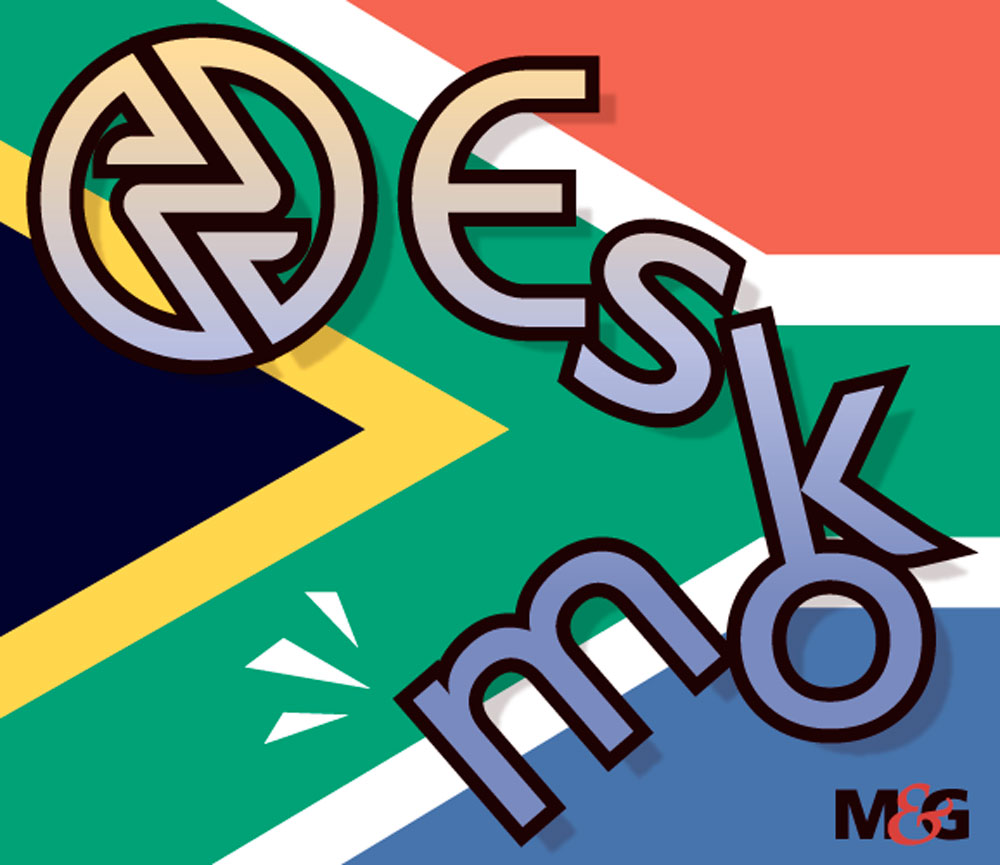
State of Capture: “It appears that the conduct of Eskom was solely to the benefit of Tegeta,” Madonsela said about a complex series of decisions and transactions, which cumulatively made it impossible for Glencore to continue owning the Optimum mines while simultaneously making it possible for Tegeta to buy those mines.
Eskom’s approach may also have breached finance regulations, Madonsela said.
Since then: Eskom has formally protested, most recently in April, that an internal audit review found that its large prepayment to Tegeta for coal it did not own was entirely above board. Assertions that this had been a loan to allow Tegeta to buy Optimum was “pure nonsense”, Eskom said.
Last week business rescue practitioner Piers Marsden, then responsible for Optimum, told Parliament that there was just six hours between the time Tegeta learned it was R600-million short on the Optimum purchase price and the time it secured a prepayment for roughly the same amount from Eskom.
Tegeta
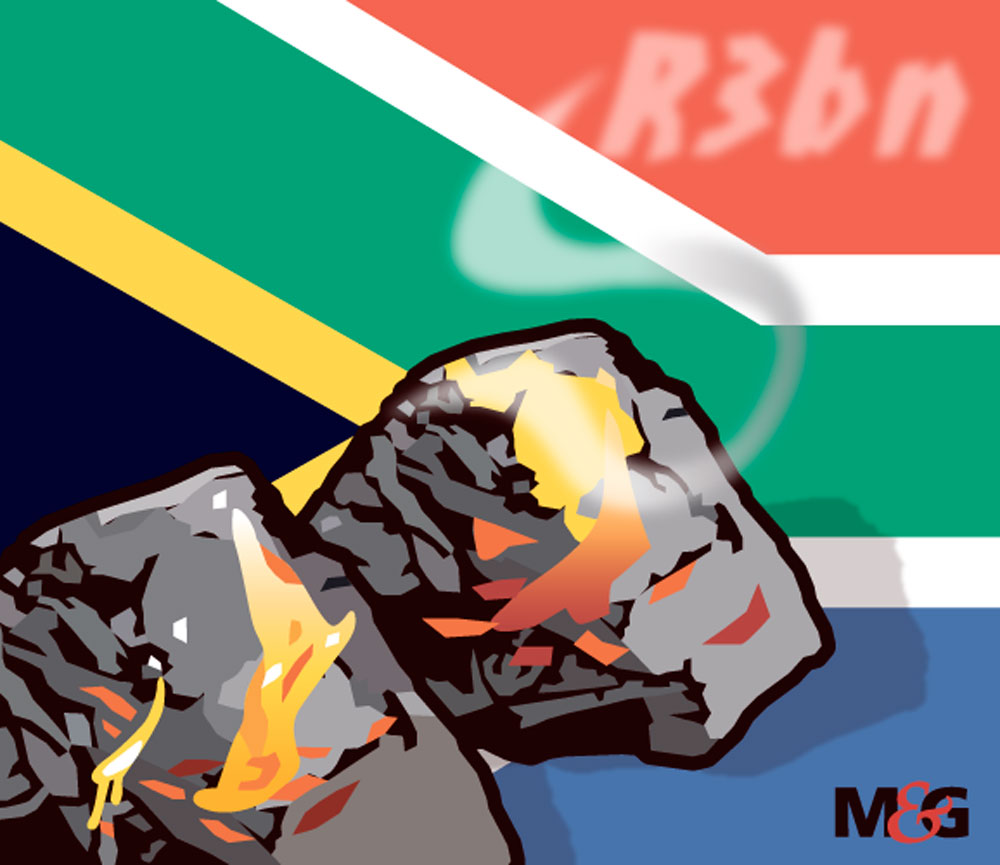
State of Capture: “Tegeta’s conduct and misrepresentations made to the public with regards to the prepayment and the actual reason for the prepayment could amount to fraud,” said Madonsela on Tegeta’s assertions on how it had paid for Optimum.
She also pointed out possible breaches of tax and environmental legislation that come with hefty fines and jail time.
Since then: In August, the Gupta family said it had agreed to sell Tegeta (and so Optimum) to a Swiss clothing company for just under R3-billion, a profit approaching 40%. None of the family, the company, or the new owner have addressed the detail of the allegations, which would make regulatory approval of the sale somewhat fraught.
Mosebenzi Zwane
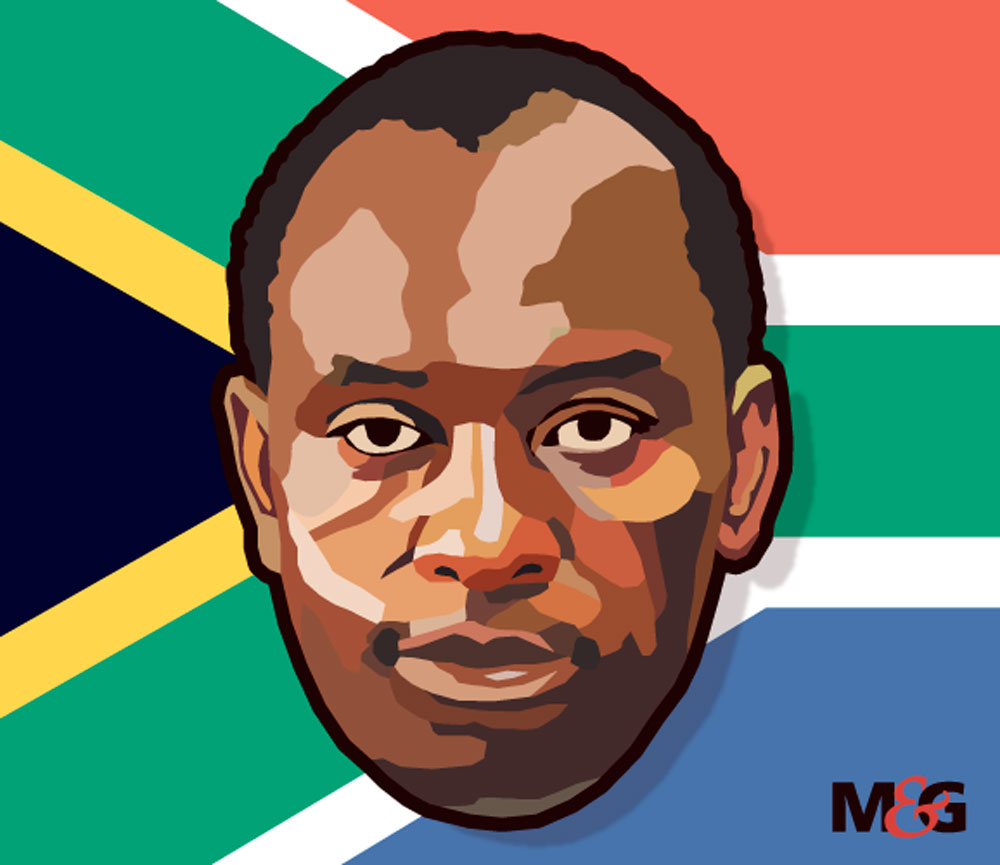
State of Capture: “If Minister Zwane travelled in his official capacity to support Tegeta’s bid to buy the mine, his conduct would give Tegeta an unfair advantage over other interested buyers,” said Madonsela about the mining minister’s trip to Switzerland — where he seemingly intervened to make sure Glencore sold Optimum to Tegeta.
“Further, it is potentially unlawful for the minister to use his official position of authority to unfairly and unduly influence a contract for a friend or in this instance his boss’s son [Duduzane Zuma] at the expense of the state,” said Madonsela.
Since then: In June, Zwane told Parliament he had not facilitated any transaction. In October he said he had facilitated a transaction, and claimed credit for the jobs saved in the process. But he refused to answer certain questions because of President Jacob Zuma’s application for a judicial review of the State of Capture report. The sections in which Zwane stands accused are not part of that review.
Presented with leaked emails detailing travel arrangements made with Gupta employees, Zwane insisted that their authenticity must first be established before he would answer questions relating to them.
President Jacob Zuma
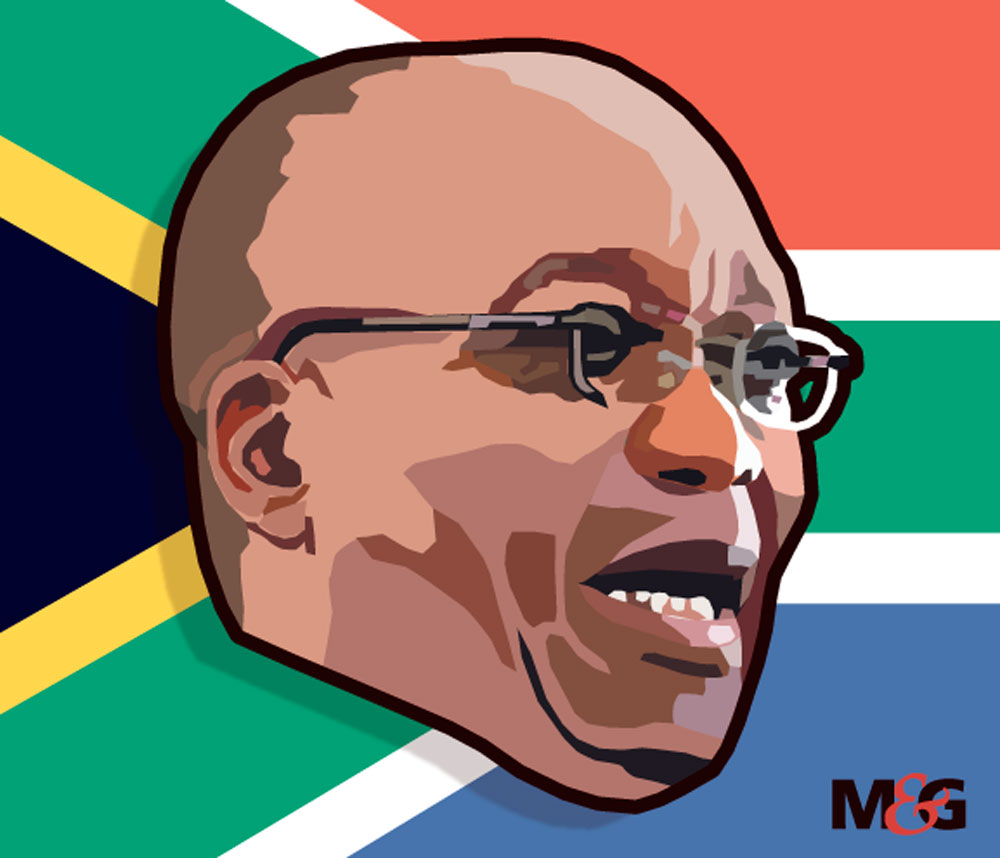
State of Capture: Madonsela raised many concerns about Zuma’s apparent actions — and almost as many about his inaction — in her report. The most direct were that Zuma:
- Risked making South Africans “lose faith in open, democratic and accountable government” if his denial that the Gupta family shopped for a finance minister were proven false
- Could have violated ethics rules by using “his position or information entrusted to him to enrich himself and businesses owned by the Gupta family and his son to be given preferential treatment in the award of state contracts, business financing and trading licences”
- Could have had a conflict of interest when the Cabinet that works for him took “an extraordinary and unprecedented step regarding intervention into what appears to be a dispute between a private company co-owned by the president’s friends and his son” by seeking to intervene when banks withdrew services from Gupta-owned companies;
- Failed to investigate public allegations that the Gupta family was offering ministerial posts in return for favours, which could be a breach of both ethics rules and anti-racketeering legislation; and
- Failed to investigate the apparent leaking of his intended Cabinet appointments — a breach of secrecy rules.
Since then: Zuma has never explained why he did not investigate the various allegations of state capture relating to his friends and Cabinet before the public protector started her investigation, or before she released her report. He has since held that he was legally advised against a supposed parallel process once Madonsela’s report was out.
He has never explained why he tried to interdict the release of the report, then withdrew his objection in court.
In the time since, Zuma has made several promises to establish the judicial commission of inquiry Madonsela directed, characterised by his office as unequivocal undertakings. He maintained he could not launch such an inquiry until the courts decided on his reviews application dealing with the nature of such a commission.
He has not explained why he withdrew a crucial aspect of that review application in court.
Most recently, Zuma suggested a court should order that all state capture allegations relating to ethics breaches by the executive — which includes almost all allegations about him — be referred back to Madonsela’s successor, Busisiwe Mkhwebane.
He also committed to setting up such a court order or a commission of inquiry within 30 days, but made no commitments on its scope, powers or whether he would recuse himself from selecting its head.
Transnet, Denel to feel the heat
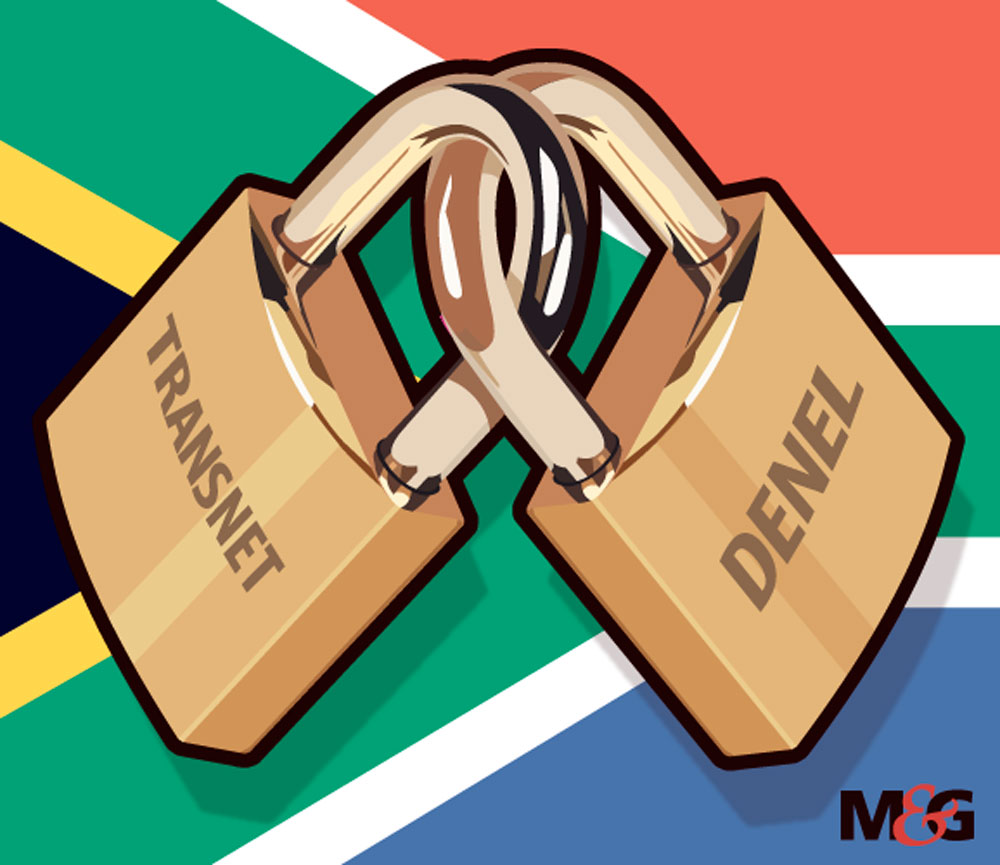
One year ago the State of Capture report gave two state-owned enterprises a reprieve.
Madonsela noted reports that Transnet had paid now-infamous companies Regiments and Trillian large amounts for seemingly little work, but postponed investigation of those payments to a second phase of inquiry.
Allegations about defence entity Denel’s since-abandoned international hookup with a Gupta-aligned company similarly got a mention, but no actual investigation or findings.
But whether or not a commission of inquiry is actually established, that reprieve is due to expire soon.
Parliament’s public enterprises committee, currently delving into the allegations about Eskom, has promised to turn to Transnet and Denel in turn — probably in that order. All three companies fall under its purview. The committee (and any commission of inquiry) will find their work much eased by the #GuptaLeaks emails, which have emerged since June.
Beyond revealing the involvement — and possible culpability — of private companies such as audit firm KPMG and German software giants SAP and Software AG in state capture, the emails suggested that:
- Denel tried to enter into a deal that would make the Gupta family the biggest beneficiary if any South African weapons were sold in India; and
- Transnet entered into a contract for locomotives from which R5.3-billion had been due to flow to the Gupta family.
Transnet has asked its suppliers to disclose any commissions to third parties for further investigations. Denel has refused to speak about state capture allegations, which it said the Hawks are investigating.
The trouble that Madonsela didn’t make
Seven months after the State of Capture report was published, articles based on the #GuptaLeaks emails hit the news, making for a whole new set of suspicious incidents and money flows — pointing to a state in thrall to private interests. This is what we learnt about state capture thanks to those emails and other sources, rather than from the former public protector.

The Vrede Dairy
The amaBhungane Centre for Investigative Journalism first reported in 2013 that a rural upliftment project, supported by then Free State provincial MEC Mosebenzi Zwane, had become a cash cow for the Gupta family.
The matter did not get a mention in the State of Capture report.
A later analysis based on the leaked emails, however, added a lurid new allegation to that story: government money went from the dairy to Dubai, then to Sun City, where it paid for a gaudy Gupta family wedding.
The same analysis also showed KPMG had signed off on that flow of funds.
The family has not answered the allegations. KPMG has admitted it fell short of professional expectations but denied wrongdoing.
Trillian
The State of Capture report revealed that the financial advisory firm had helped to channel the money used to purchase the Optimum coal mines. Yet, though it noted allegations of improper dealings between Trillian and Transnet, investigation of those was deferred to a never-completed next phase.
Since then, multiple leaks and whistle-blowers have shown vast and suspicious payments to Trillian from both Eskom and Transnet. Then official findings by the likes of Eskom, as well as by advocate Geoff Budlender, hired by Trillian to investigate — plus on-the-record testimony in Parliament by two former employees — added to the pile of evidence.
Lynne Brown
The public enterprises minister lied to Parliament about the relationship between Eskom and Trillian, then explained she had been lied to by Eskom.
More damaging by far, though, were allegations that her personal assistant had been in Dubai as a guest of the Gupta family. Brown asked that assistant to resign.
Two months later, the Sunday Times reported that a company owned by the assistant’s mother alongside a business partner, who is also Brown’s romantic partner, had done business with Eskom. The explanations that followed the report were limited and unsatisfactory.
The Mad Hatter’s tea party
On Wednesday Eskom’s suspended legal head Suzanne Daniels told an inquiry in Parliament that she had first met Salim Essa, a Gupta family partner, in March 2015, when, with stunning accuracy, he predicted an executive shake-up at Eskom that would come days later.
On July 29 this year, Essa invited her to a meeting at Melrose Arch in Johannesburg. This is how she described what followed:
“I didn’t know that there were actually townhouses at Melrose Arch, a set of apartment blocks, and we went into one of those apartments, and as we walked into the lounge area there were four people, which I was introduced to: Mr Ajay Gupta, [President Jacob Zuma’s son] Mr Duduzane Zuma, deputy minister [of public enterprises] Ben Martins, and a Chinese lady whose name I cannot remember because at that point I was actually speechless.”
Daniels said she had difficulty deciphering Gupta’s accent, but he wanted a court hearing on Eskom’s employment of Brian Molefe to happen only after December, which is when the ANC’s elective conference is due to take place.
“He mentioned something about [ANC presidential contender] Nkosazana Dlamini-Zuma but I really couldn’t follow what he was saying, partly because I couldn’t believe where I was and what I was hearing.”
At a media conference on Thursday, Martins denounced Daniels — who was testifying under oath — as a liar, denied any such “tea party” as fiction and threatened legal action. He could not yet confirm where he had been on the day Daniels described, he said, because he would have to check his diary.
Molefe: Calls aren’t visits and Gupta calls mean nothing
Other than reading and tending his vegetable patch, former Eskom chief executive (and briefly MP) Brian Molefe has time on his hands. Yet although he is a military history enthusiast, he is afraid to go to the war museum in Saxonwold, just in case people get the wrong idea again.
After a year of silence about his links to the Gupta family, Molefe this week said it is “blatantly untrue” that he conspired with the family to loot the state, and that the circumstantial evidence suggesting that has been very badly misinterpreted.
In November last year, South Africa learned that he could be “placed in the Saxonwold area on 19 occasions” at a time when the utility he headed contorted itself to facilitate the business ambitions of the Gupta family who live in the Johannesburg suburb.
“That is not true,” says Molefe. “I was in fact there five times.”
On those occasions, when he was simply driving through the suburb on his way elsewhere, he did indeed make about 19 calls, but not each of them could be counted as a visit.
“You can’t count one [drive by] during which I made 10 calls as 10 visits.”
Yes, there was an attempt by patriarch Atul Gupta to phone him at that time. The call went to voicemail and his records suggest he never returned it.
And, yes, he had many phone conversations with Ajay Gupta and family employees during that time because Eskom had suspended the contract of a Gupta-owned coal mine for failing to meet quality requirements.
“They were livid,” Molefe says.
“They called me, I called them … It is not abnormal to talk to suppliers, especially where there is a particular issue.”